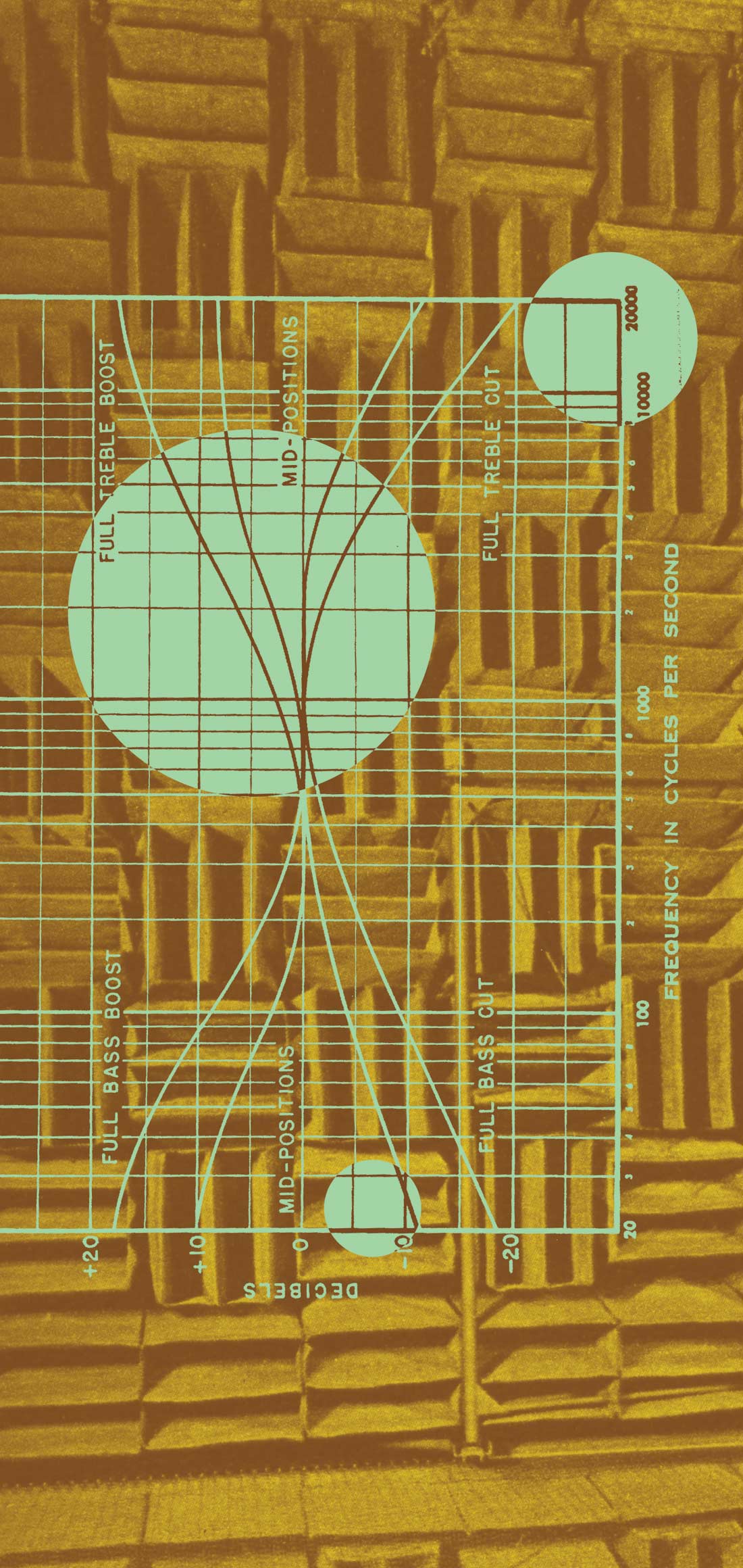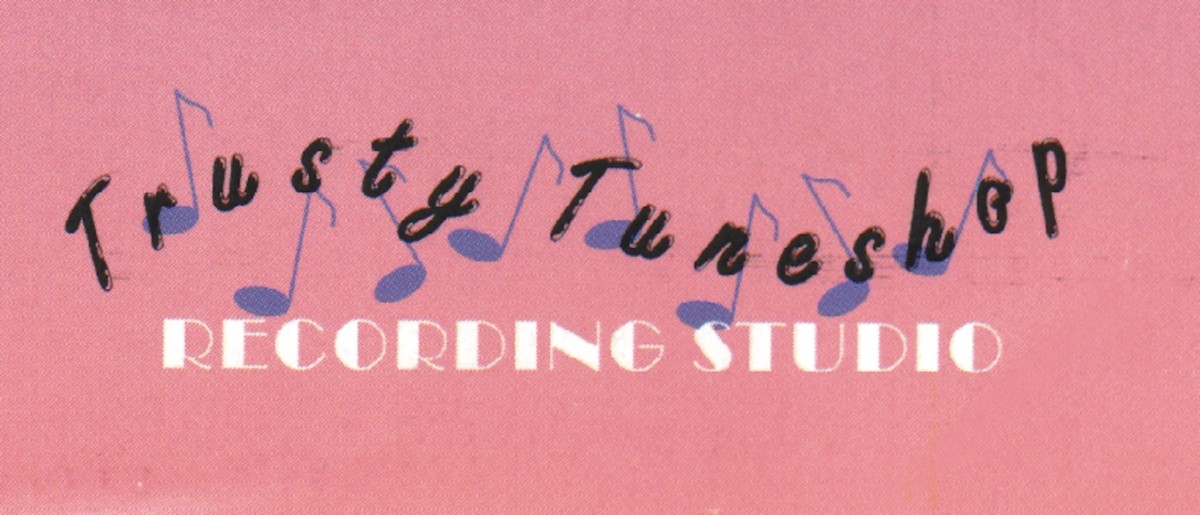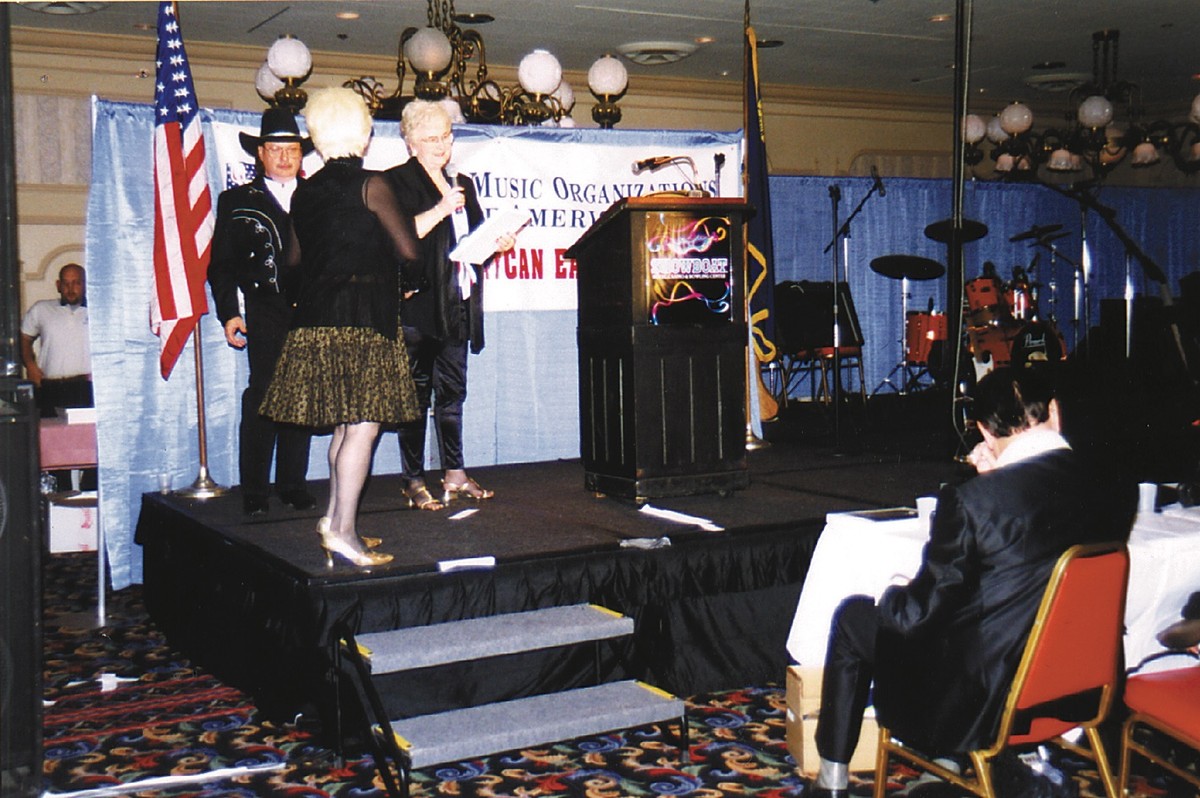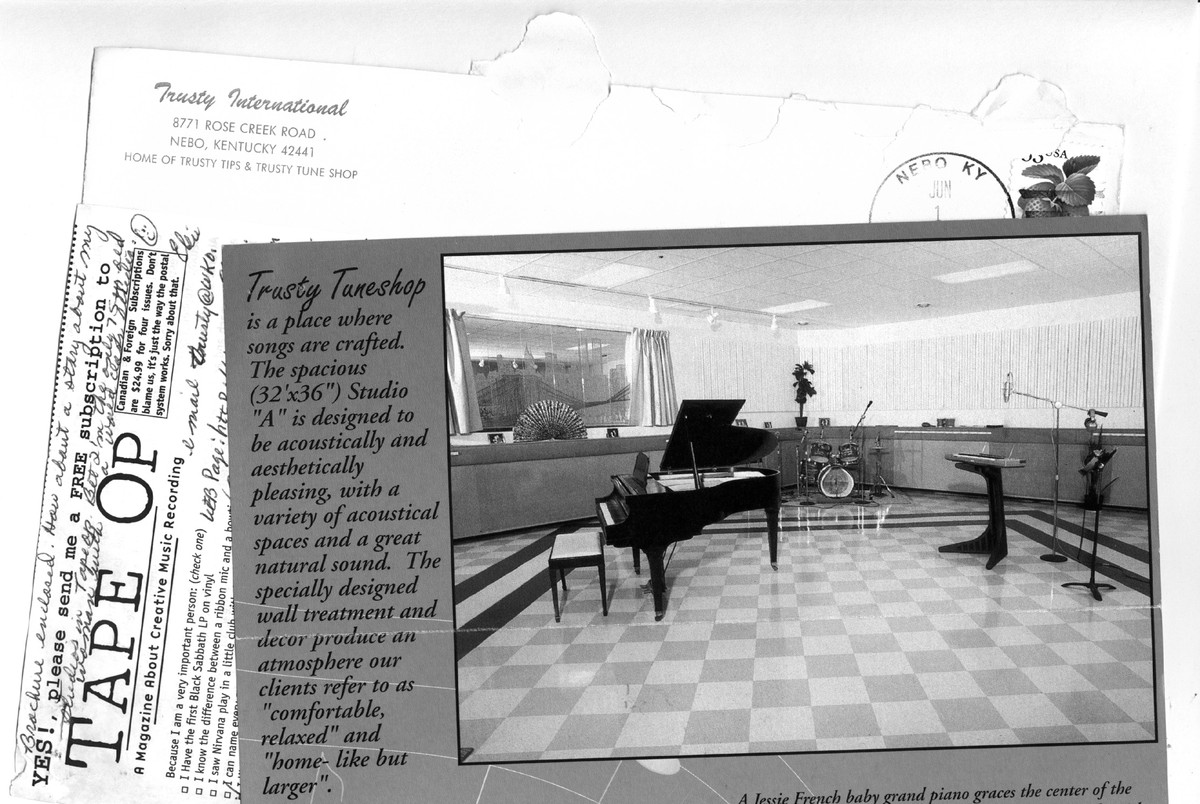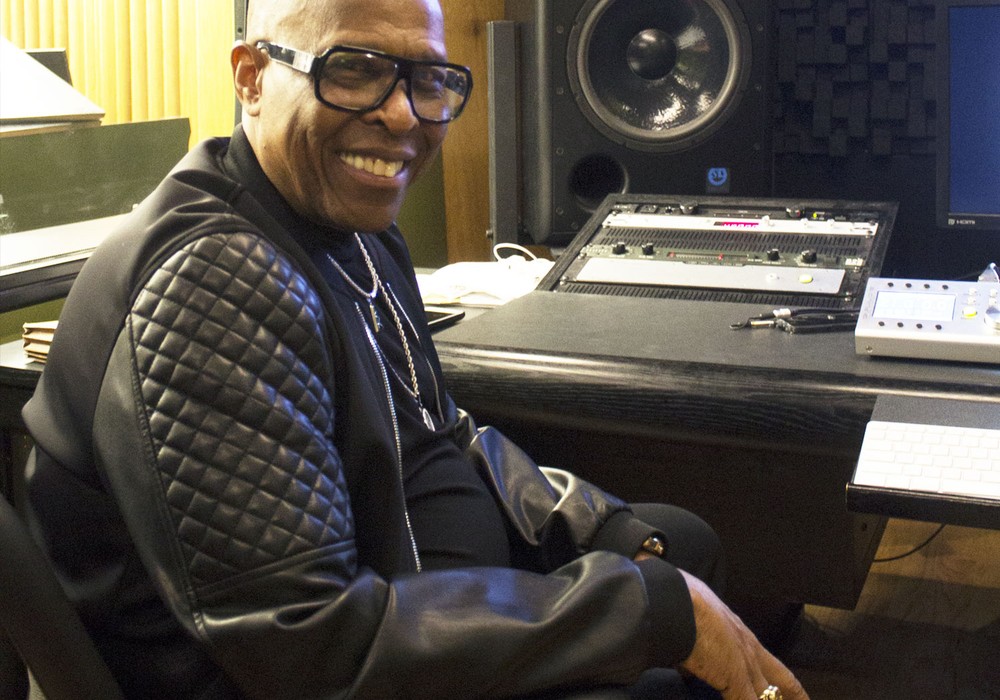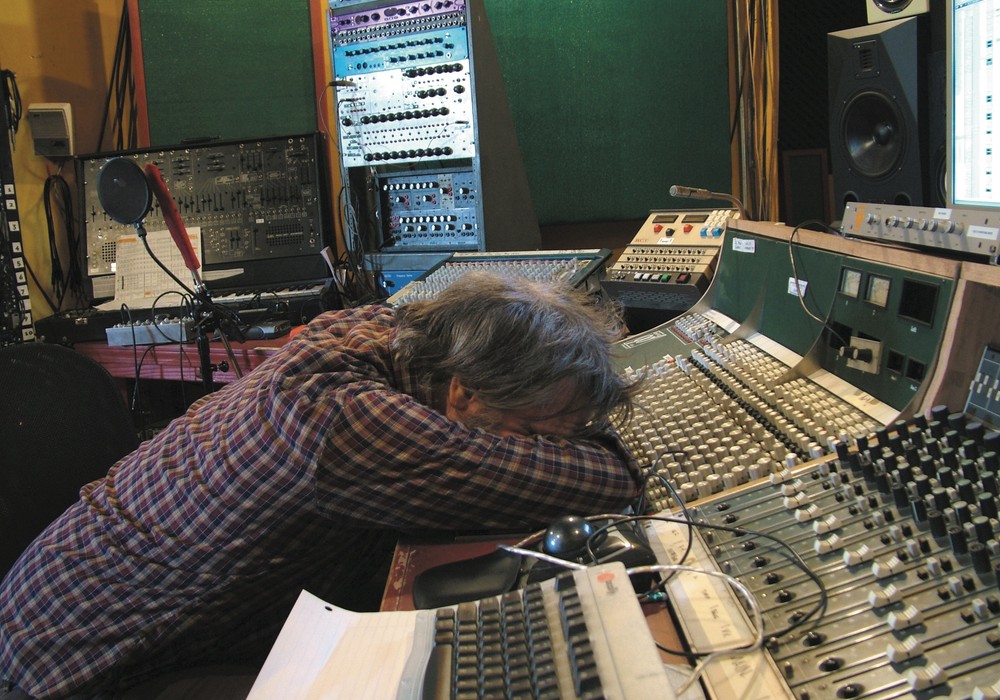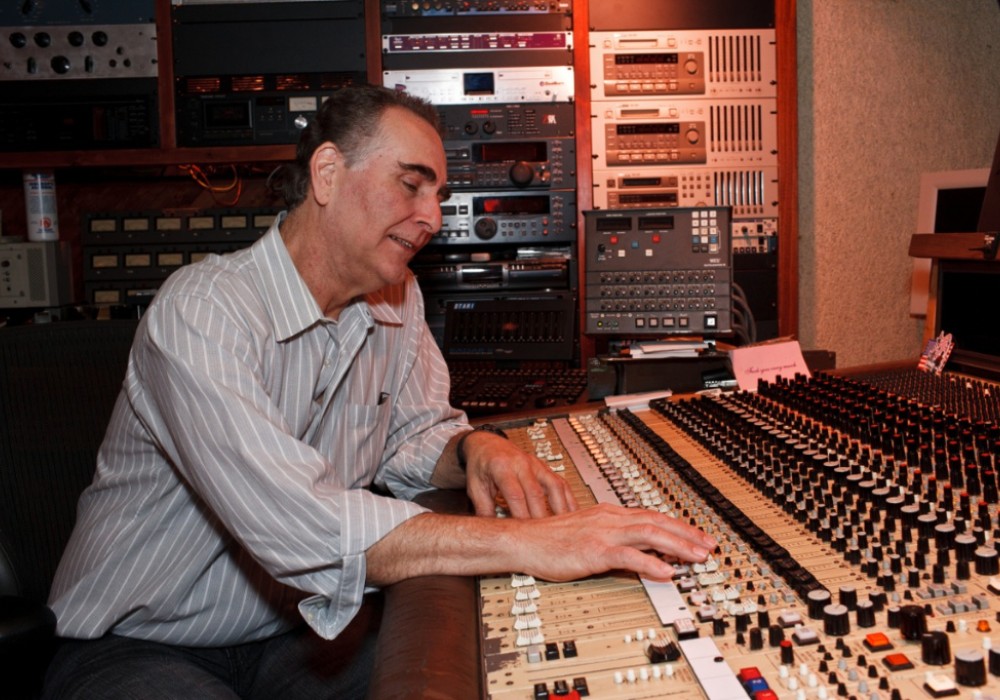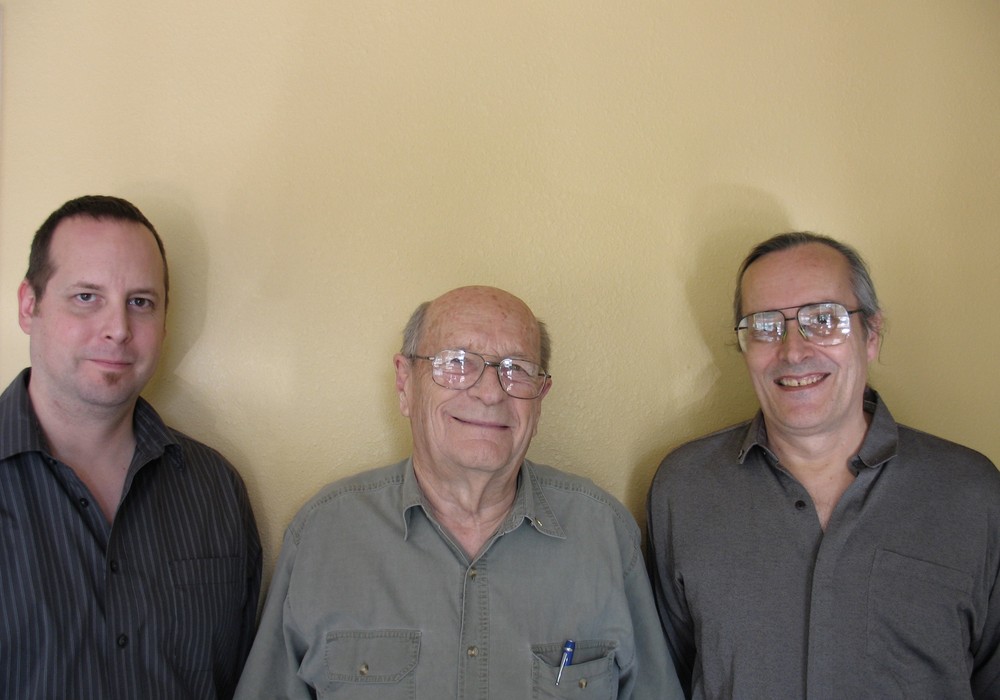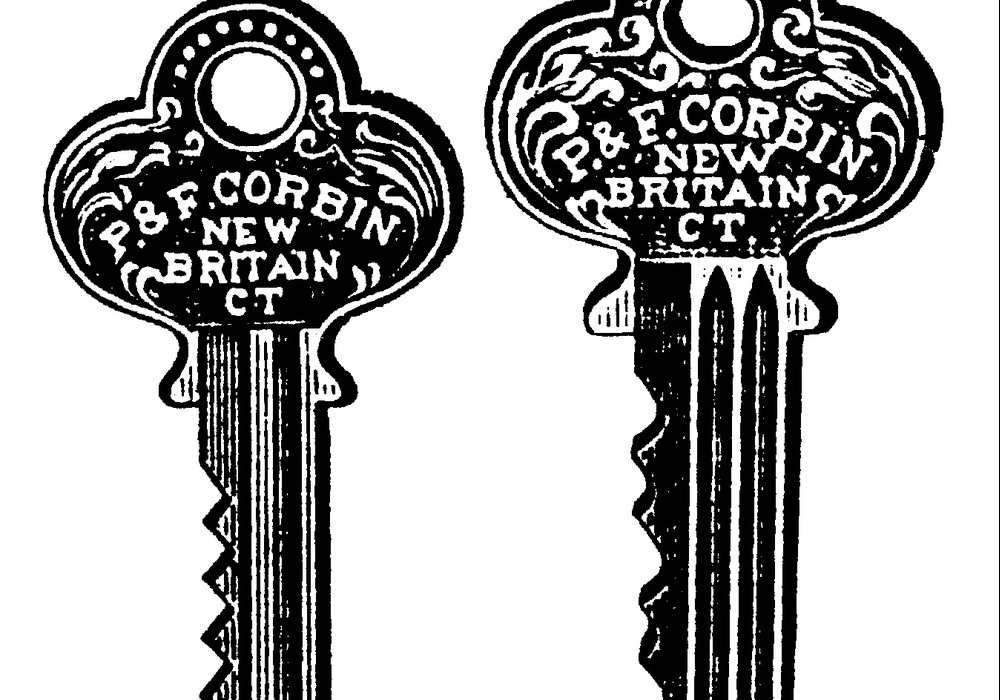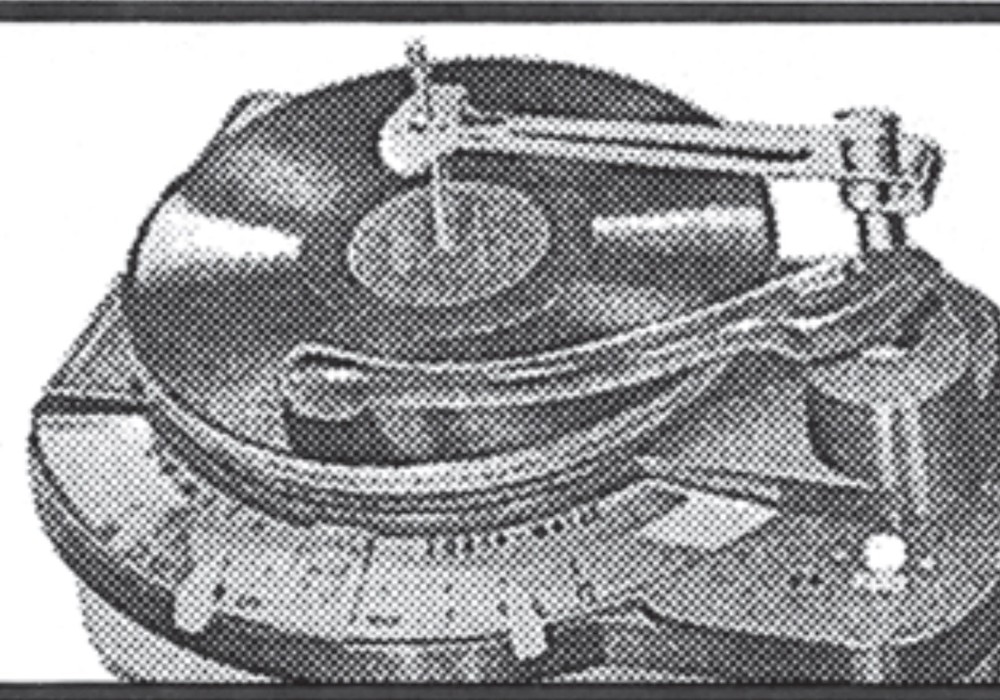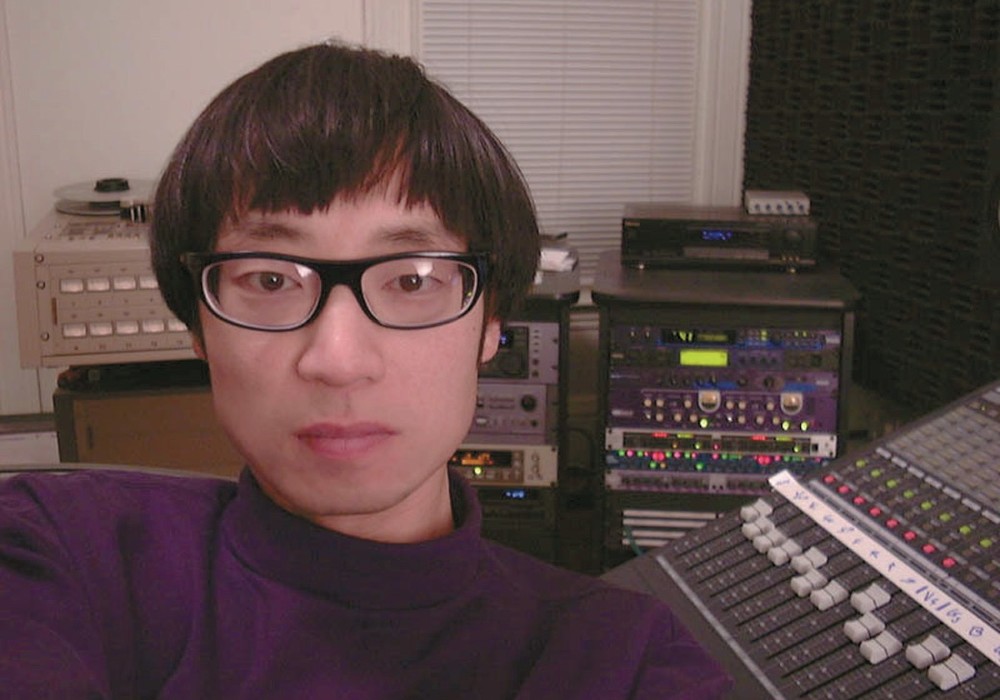We hear about a lot of great studios here at Tape Op but not very many are run by 75 year old grandmothers. Elsie Childers runs her Trusty Tuneshop studio on her farm in Nebo, Kentucky. The big room has a Tascam digital mixer and 24 tracks of digital recording while the little room has 8 tracks of analog recording. I called Elsie up one afternoon to find out how she became a studio owner and found out just how busy she really is.
How did you end up running a recording studio?
Well I've been running one since 1979 when I built the little one and then then my husband passed away in '91 — we'd been married for almost 48 years — and I went ahead and built the bigger one. Went in it a little deeper than just local and started going international.
Do you get work from all around?
Yes, I just got a call from a lady, an international star. She's just coming in off an Alaskan tour, next March and I think she's going to do four albums. She's going to try and do a Christmas one really quickly and then a pop one. She does R&B and some inspirational. So she's going to try and do a bunch of them while she's here. As many as she can do, then she's coming back in October. We had a concert pianist from Italy who came in and did an album last year, and brought his CD over this year. He has them done over there — he lives in Milan. He and his wife came last year and this year. We have quite a few people from different places and then we also do a lot of locals as well.
Is there any type of music you mostly specialize in or does it pretty much cover the map?
Pretty well whatever comes in. We do it all. Just anything. We try to be a service to everyone.
Is the studio connected to a house, or is it a totally separate.
No this is a big 40 by 60 building. I have a 130 acre working farm that this is on. We've got soybeans out here and a big lake in the back stocked with fish.
Is fishing included with the recording time?
Yeah. We've lived on this farm since 1950. We built a home here, and the home is just in front of the building. I have a walk and a patio and it's kind of connected.
It definitely looks like it's got a grandmother's touch with pink curtains and traditional family photos around the sides.
Yeah. I had one of those rock stars in here once he had his earrings and all that. Well he went through my little bitty studio and then stopped short when he got to the door of the big one and said; "This is spiritual." It broke us up.
It just looks unlike any studio I've ever seen.
It is different. We are very different people, that's why we have a palm tree as our symbol. You know palm trees are the only trees that have a heart.
That's true. Do you engineer?
I do some, but mostly I have four engineers that work with me. A lot of them do different things. One of them is a drummer and the other can play saxophone. There's Bill Porter who did all of Elvis' last seven years. He's in St. Louis at college down there teaching. I can get him if people can afford him but he's pretty expensive and I haven't had to call him too much. He does let me list him as one of my engineers. He still has good ears. He was in Louisville, when I met him and he married a girl from Madisonville — that's a town just right up the road — that's the way I met him.
So that's how you rope all your engineers in.
One engineer does most of it and he's been in radio for twenty years and he has good ears. He knows what people want to hear.
How did you end up in recording? Was your husband...
No he was a farmer and a soil conservationist. He worked for the Soil Conservation Service until he passed away. He was their field man — he laid out pines and ditches and everything. He was a farmer.
Were you into music and recording then?
Yes, I started when I was twenty-two. I...
